Netflix’s Monsters rides high on the chilling success of its first season – Monster – about Jeffrey Dahmer and now delves into the infamous Menendez brothers’ brutal slaying of their parents. With its reality-show-like TV coverage, the case captivated the world then, and Netflix now revives interest with its gripping dramatization.
Erik and Lyle Menendez, aged 18 and 21 at the time, were convicted for fatally shooting their parents, José and Mary Louise “Kitty” Menendez, in their Beverly Hills home on Aug. 20, 1989. Purchasing the murder weapons just days prior, they unleashed a barrage of shots while their parents sat in the library watching TV.
The Menendez family embodied the quintessential American dream for immigrants. José, hailing from Cuba, sought fortune in the U.S. Fate intervened, and he crossed paths with Kitty, a college beauty pageant queen. Together, they skyrocketed to wealth, with José venturing into the glamorous world of Hollywood a few years before the tragic murder. Yet below this surface, Erik and Lyle’s first tennis coach – Charles P. Wadlington – recounted José’s unrelenting drive for success, molding the brothers’ childhood into a stage where tennis and other activities were the demanding roles he assigned to them.
Taking a peek behind the scenes sets the stage for what followed, with Erik’s first plunge into criminal escapades with a string of burglaries in 1988 and Lyle’s facing suspension on plagiarism charges at Princeton University. To some extent, some found reason in the backdrop, explaining an otherwise inexplicable crime.
Brothers turned killers
The Menendez couple fell victim to 15 rounds from two 12-gauge shotguns. The ferocity of the murder scene initially misled police, who suspected a mob hit. In a 1990 interview with the Associated Press, Marvin D. Iannone, the then Beverly Hills police chief, labeled it one of the most savage killings in his 33-year career.
The brothers’ unsettling tale of returning home to the scene of their parents’ murder, paired with Erik’s sobs outside the crime scene, initially swayed investigators. Unraveling the mystery took months as they struggled to find the right leads. Post-murder, the brothers’ lavish spending spree garnered notice just before their former therapist, Dr. Jerome Oziel, handed over the police tapes revealing Erik’s chilling confession during a session. An excerpt from the recordings:
“It was something that was beyond control.”
“What was beyond control? That you had to kill him?”
“Eventually it had to happen. It was ruining my life, and I guess Lyle’s. And he was putting my mother through torture.”
On Mar 8, 1990, Lyle landed in cuffs, with Eric surrendering a few days later upon returning from an Israeli tennis tournament. They didn’t deny their role in the murder but had compelling reasons to explain it — years of enduring psychological and sexual abuse from their father.
A lifetime settling scores with the past
Since 1993, the Menendez brothers’ trial kept the world on edge, airing on Court TV for a global audience seeking entertainment. While prosecutors accused them of killing their parents for an inheritance, Leslie Abramson, their unwavering attorney throughout the trial, insisted that years of abuse meant “if it’s fear, and not malice, it’s not murder.”
Seven years, three trials, and Judge Stanley Weisberg’s verdict: no evidence of José Menendez’s alleged abuse. With the self-defense plea crumbled, on July 2, 1996, Erik and Lyle Menendez faced their sentence — convicted of first-degree murder, consigned to life without parole.
Reunited after all
Their fears materialized as prison officials separated the duo to thwart escape attempts. Despite this, both found love behind bars through letters, with Lyle marrying twice and Erik once. In 2018, after 22 years apart, the much-anticipated reunion finally took place, allowing them to serve their sentences together in the Richard J. Donovan Correctional Facility in San Diego, which is where the pair are to this day.
Journalist Robert Rand, deeply involved in the case since 1989, shared a family member’s account that the brothers tearfully embraced for a few minutes upon reuniting. While Court TV anchor Ted Rowlands may be right in saying “they will never get out,” at least they’ll always have each other in the end.

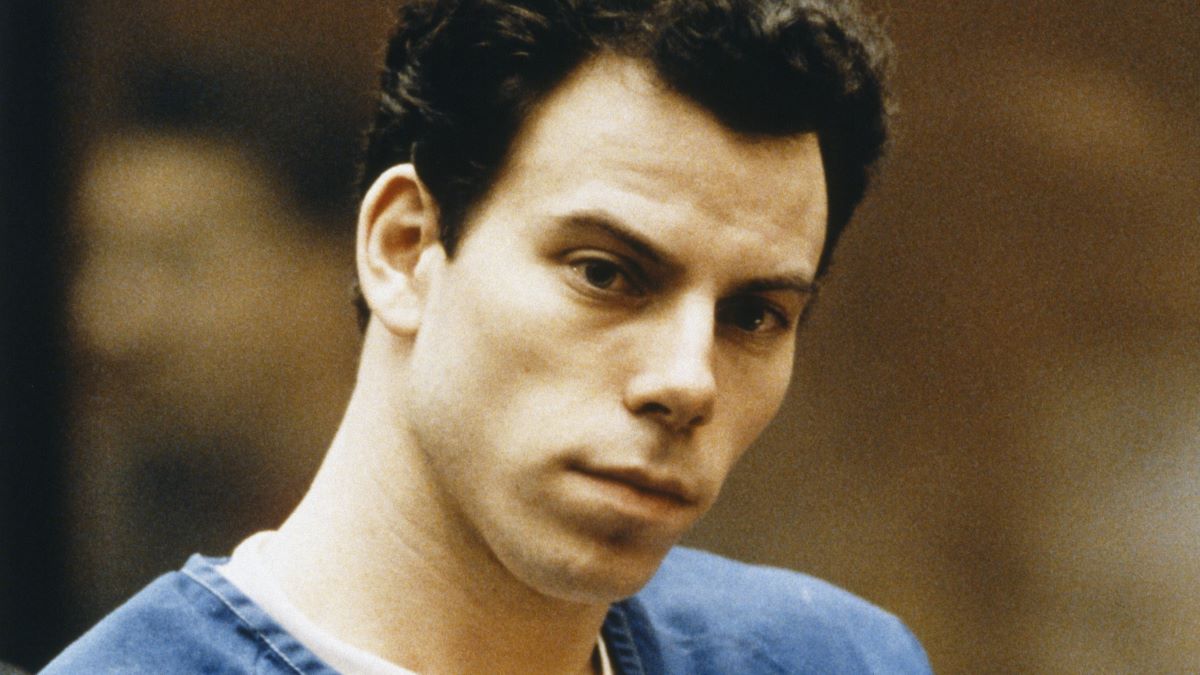
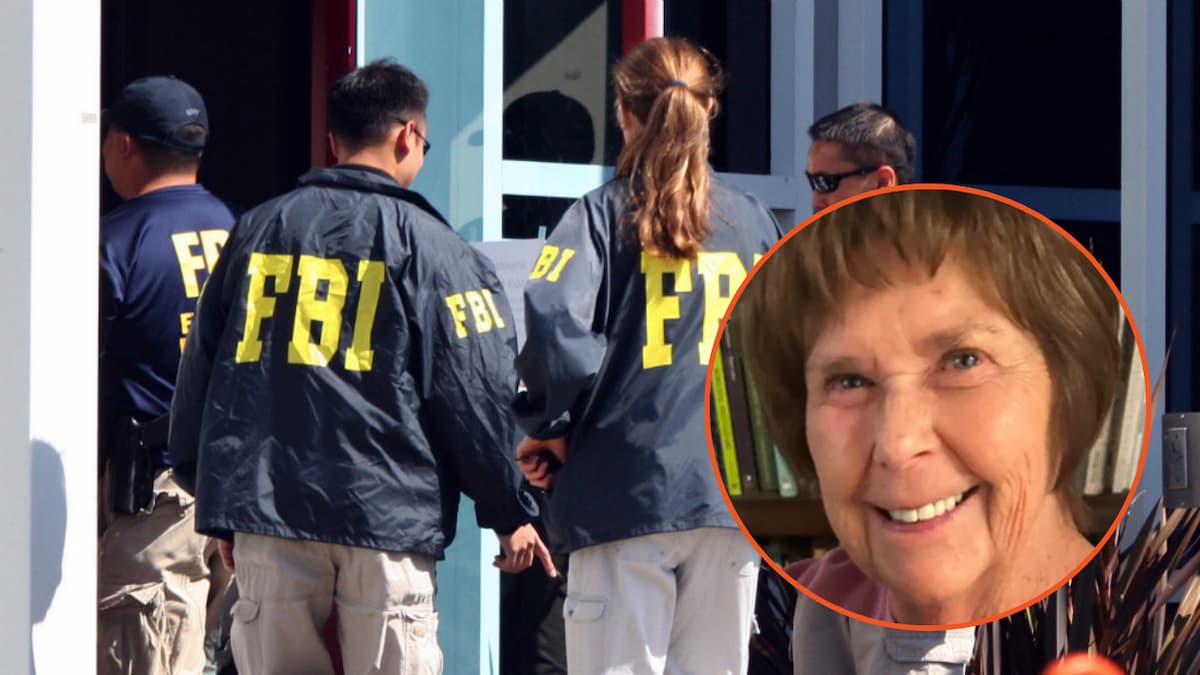
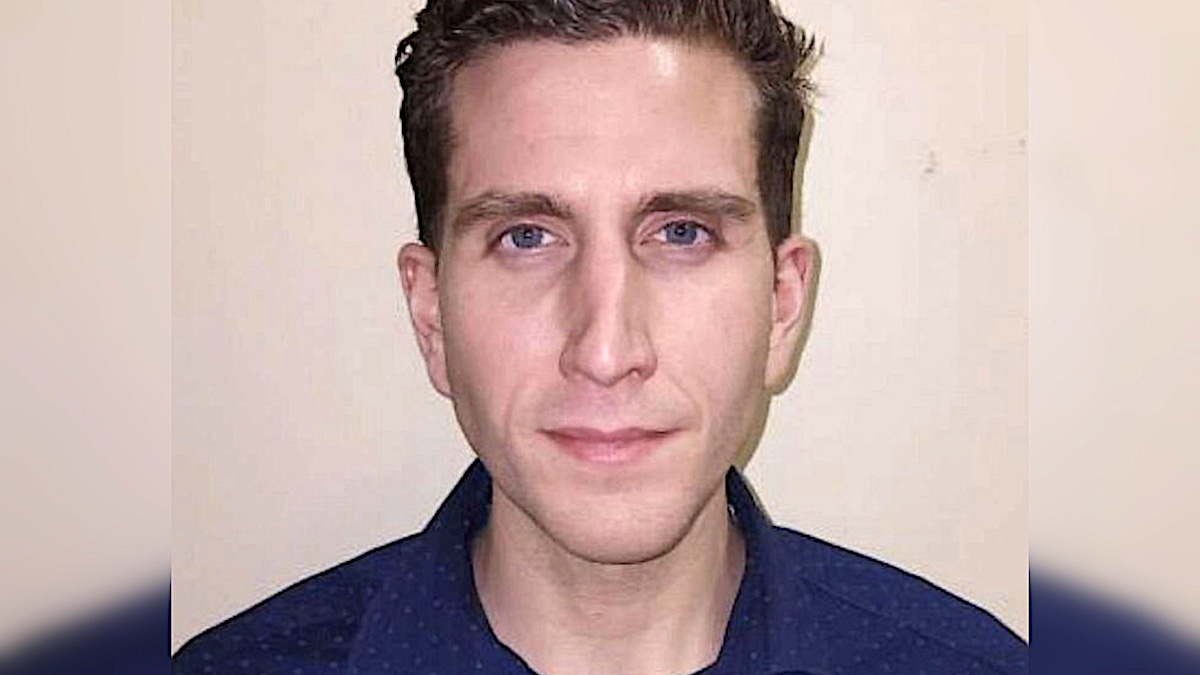
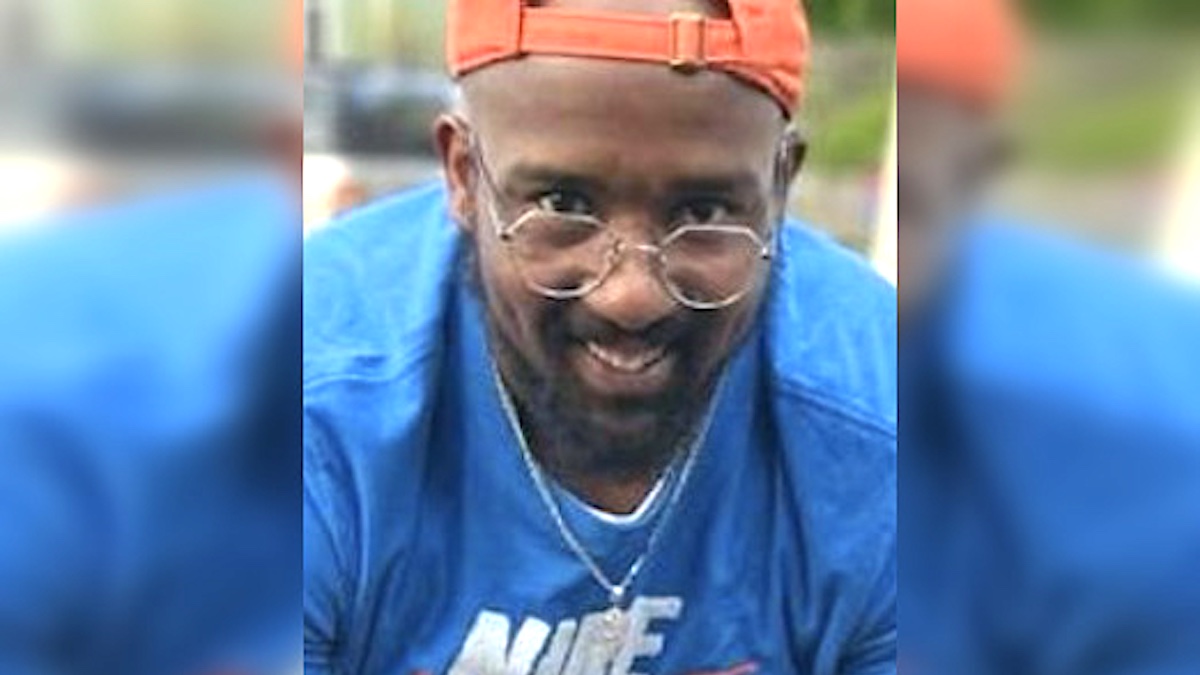
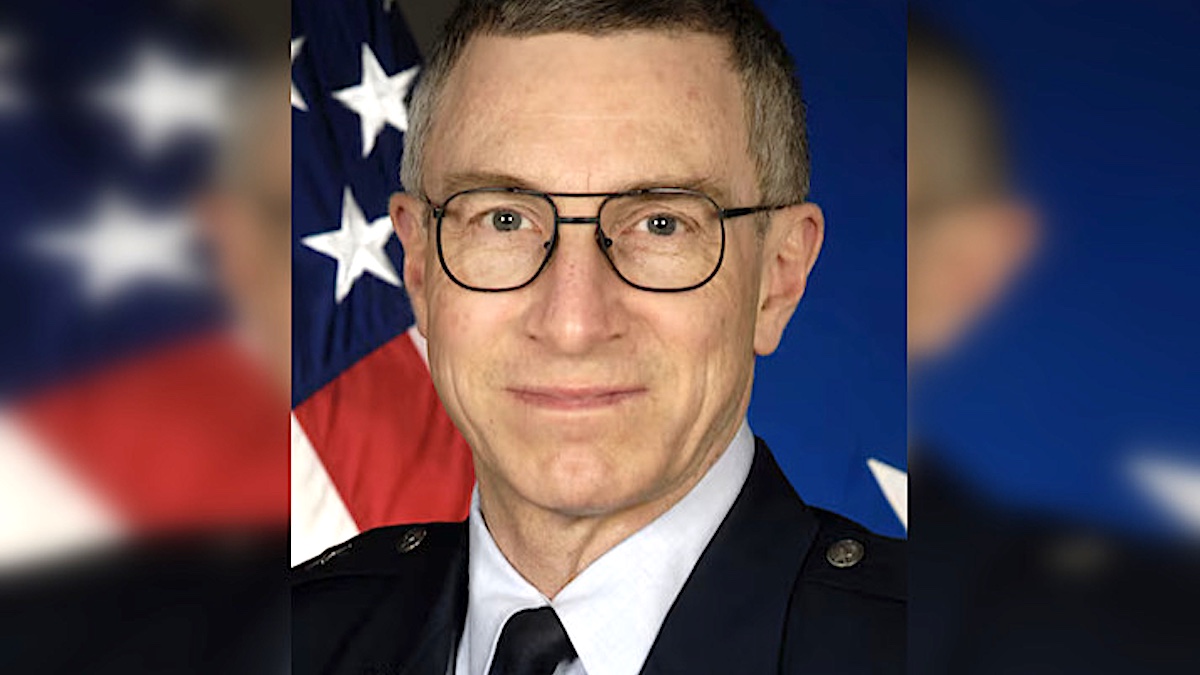

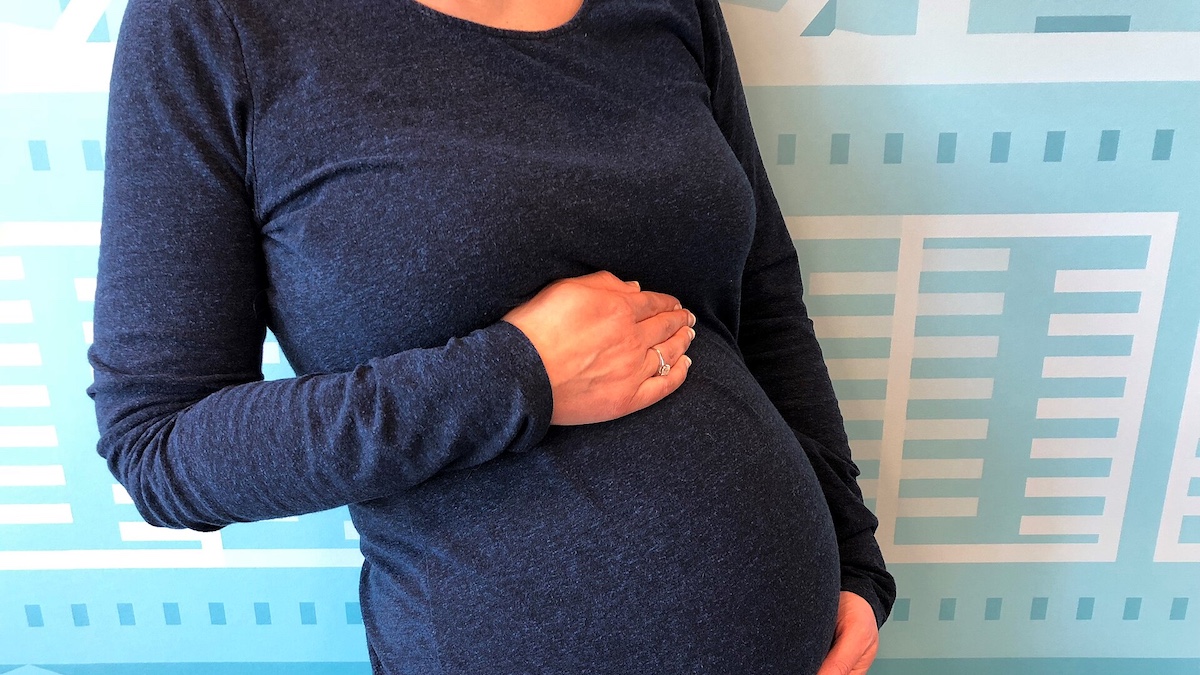
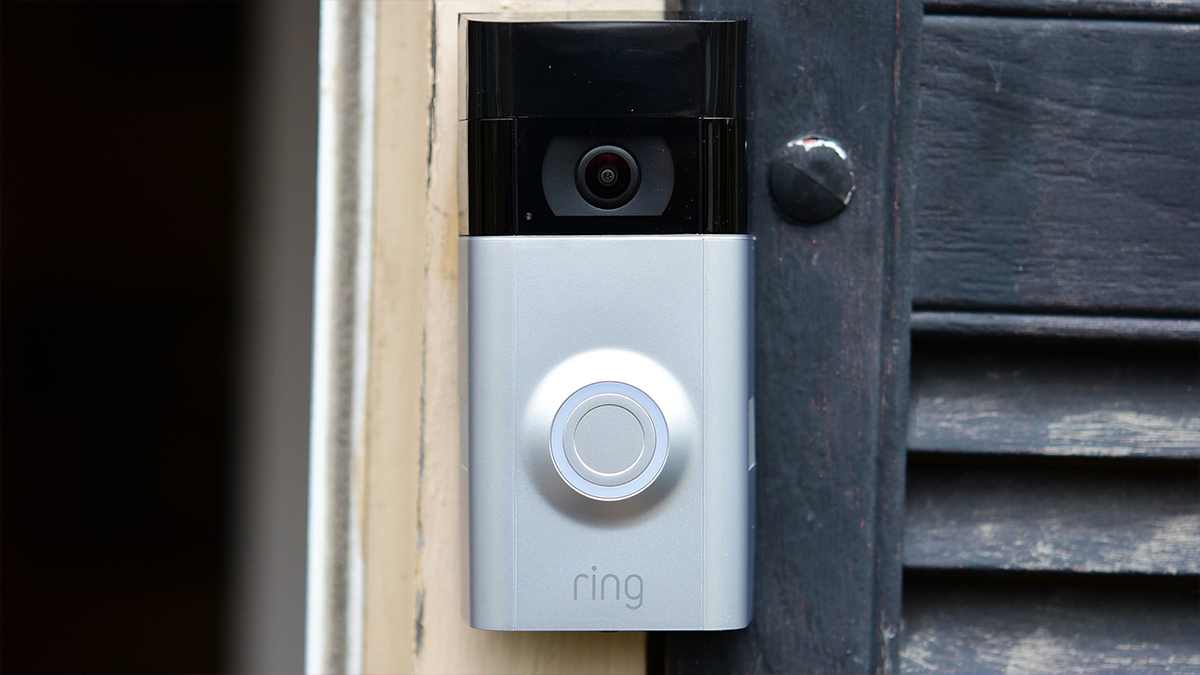
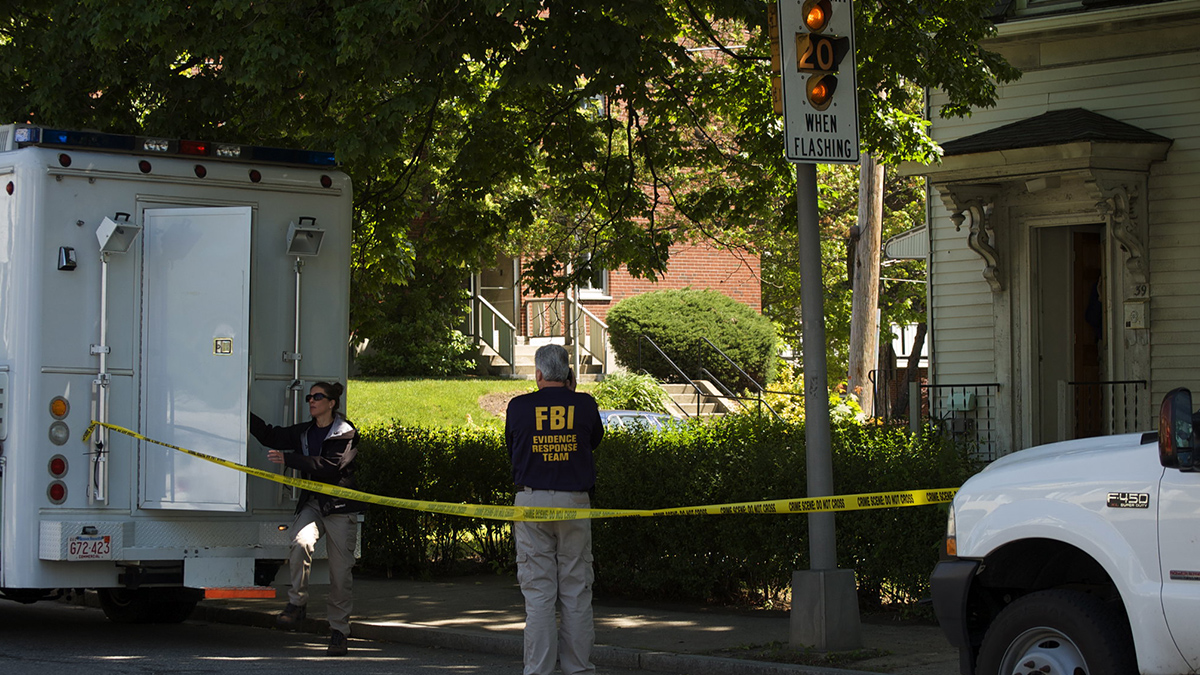
Published: Jan 29, 2024 09:34 am